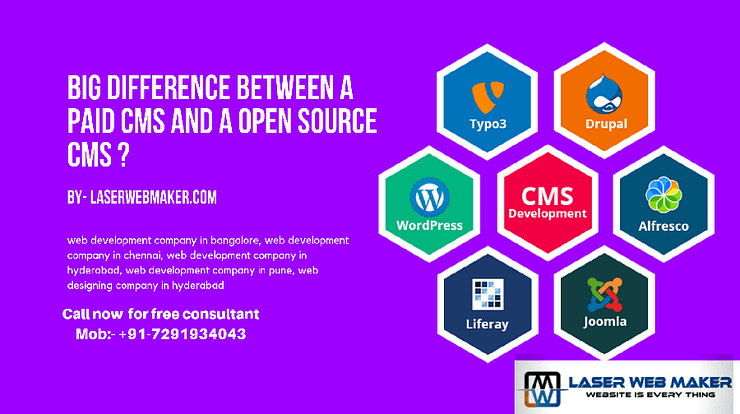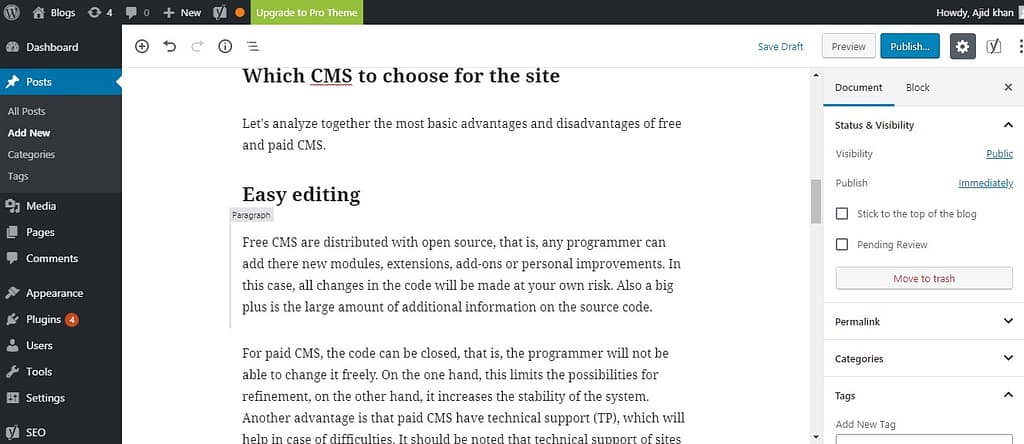
CMS (from the English Content Management System – “content management system”, “engine”) is an information system or computer program for providing and organizing a joint process of creating, editing and managing content.
In other words, CMS is a set of scripts (special programs) used to significantly simplify the work with the site, as well as to implement additional functionality. For example, for online stores, this is a shopping cart, site search, product sorting, and so on.
The site, of course, can work without CMS (initially all the sites on the Web worked exactly like this). To do this, simply create a set of individual HTML files and images. However, in this case, to correct any element (for example, to move the logo a little to the left), you will have to adjust all or part of the files manually. Of course, for small sites it will be easy to do, but there may be difficulties with promotion and technical support.
The fact is that search engine algorithms for a good ranking of the site require its development, including an increase in the number of pages, and hence an increase in the number of individual HTML files. Obviously, in time to make changes to such a site will become very difficult.
So, is CMS needed for the site? Yes, I need it.
Which CMS to choose?
First you need to decide: use a paid CMS or use a free one.
Which CMS to choose for the site
Let’s analyze together the most basic advantages and disadvantages of free and paid CMS.
Easy editing
Free CMS are distributed with open source, that is, any programmer can add there new modules, extensions, add-ons or personal improvements. In this case, all changes in the code will be made at your own risk. Also a big plus is the large amount of additional information on the source code.

For paid CMS, the code can be closed, that is, the programmer will not be able to change it freely. On the one hand, this limits the possibilities for refinement, on the other hand, it increases the stability of the system. Another advantage is that paid CMS have technical support (TP), which will help in case of difficulties. It should be noted that technical support of sites usually considers only problems known to them. If you need to add unique functionality, you can count on a maximum of links to the official documentation for developers.
Additional modules

Paid CMS usually has editions in which the buyer chooses the initial set of functionality himself or may later purchase additional modules. For example
, 1C-Bitrix has its own add-on store, accessible from the admin panel.In some free CMS, such as, for example, Joomla !, MODx, OpenCart, WordPress, it is possible to find the ready source code of any additional functionality.
